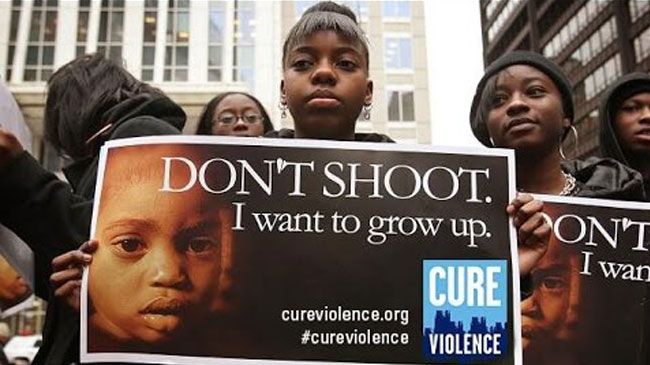
Data News Staff Edited Report
NEW ORLEANS – New Orleans law enforcement, Mayor Cantrell, and other City officials joined in commemorating Night Out Against Crime events throughout New Orleans, starting with the announcement of the ‘Cure Violence’ initiative on her first stop, A.L. Davis Park. This comprehensive, public health-focused approach hopes to reduce and prevent crime in our communities.
Mayor Cantrell stood with residents across the city to celebrate Night Out Against Crime, which has become a national and local tradition to recognize how law-enforcement agencies engage with community leaders and residents to reduce crime. She began the evening at A.L. Davis Park, and was joined by New Orleans Police Department Superintendent Michael Harrison and other officials and leaders.
“We have to have all hands on deck as it relates to combating violent crime in our city. It’s not just an issue for law enforcement, although they are a key partner in it. But it’s how we build community, and how we care about one another, that we can make the greatest changes we seek,” Mayor Cantrell said.
Building on previous efforts, Cure Violence will leverage resources from City departments to partner with community leaders for a more holistic approach to what has become a nationwide epidemic. Mayor Cantrell said the initiative represents an opportunity to rethink the way we view violence. Just as health care requires many specialists, any treatment to this epidemic requires many partners.
The Cure Violence model originated in Chicago but is now used in more than 50 communities nationwide (like Baltimore, New York, and Philadelphia) and several international cities. The program uses “violence interrupters” – people from the neighborhood, who know the streets and live in the community – to walk through areas where violence is concentrated, talking with individuals and serving to mediate conflicts before they turn deadly.
Building on this prevention approach will be a treatment approach to intervene as soon as a young person is shot and brought to the hospital. Outreach workers arrive 24/7 to be with the patient, family and friends, starting the healing cycle and putting a stop to the spread of retaliation. From there, treatment is ongoing through continued interaction, assessment of needs and detailed plans to escape the cycle and become healthy and safe.
“What we have learned over the years is that violence can be thought of as a public health problem and can be epidemic in communities. In fact, we can think of violence like an infectious disease; it strikes vulnerable individuals and communities, can be easily transmitted between people and places, and can remain stubbornly prevalent without proper treatment,” said Dr. Jennifer Avegno, Director of the New Orleans Health Department. “A single act of violence results in multiple physical and mental health problems for the individual affected and their families and communities; just like a single infected individual can cause illness for many others.”
“The faith community of New Orleans is comprised of individuals from all walks of life who share one common goal. We believe that the violence in our community has to end now. Tonight we are turning our faith into action to ensure that our beliefs and prayers are answered,” said Brandon M. Boutin, assistant pastor, Greater St. Stephen Full Gospel Baptist Church.
Recommended For You.



Be the first to comment